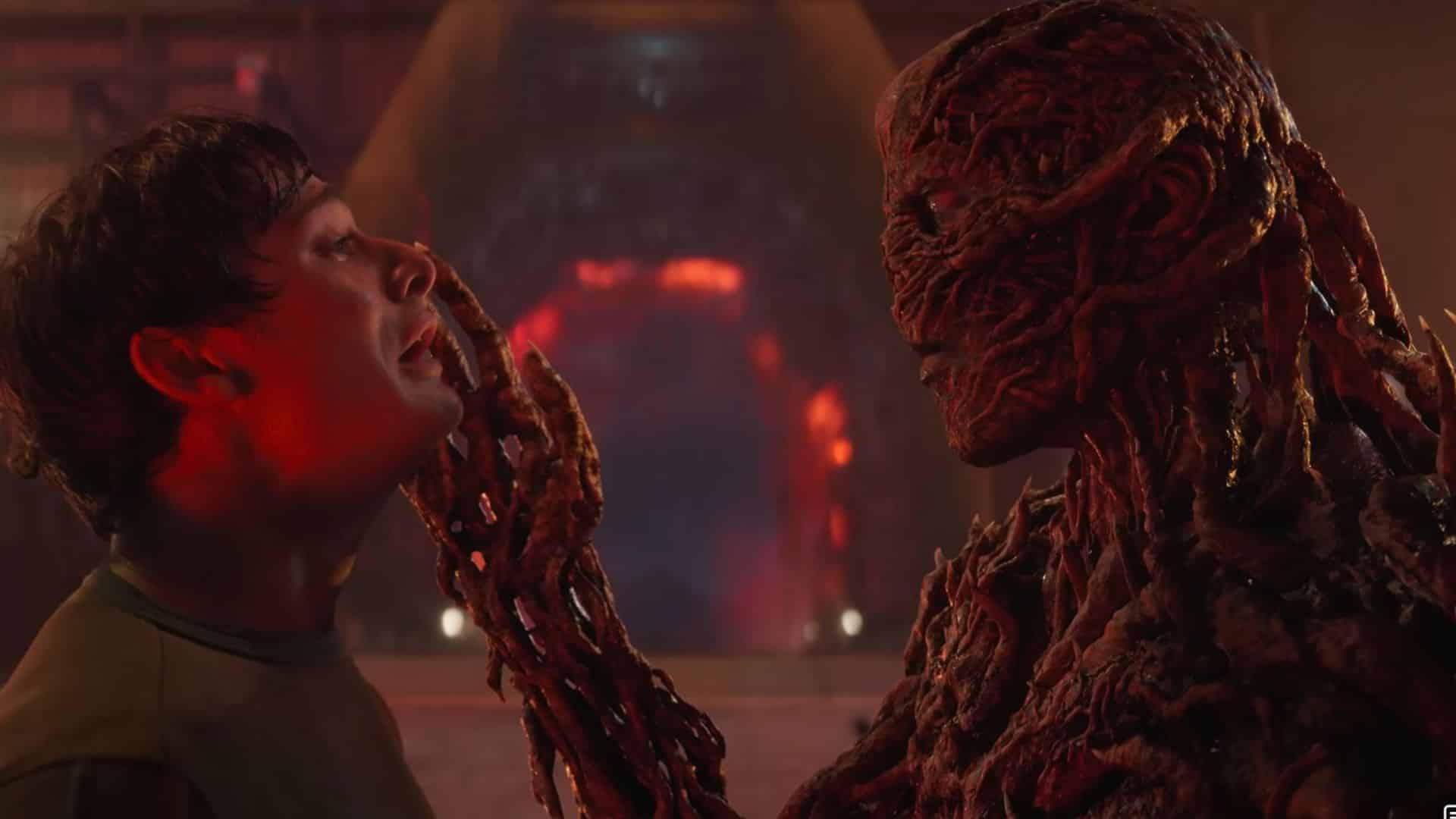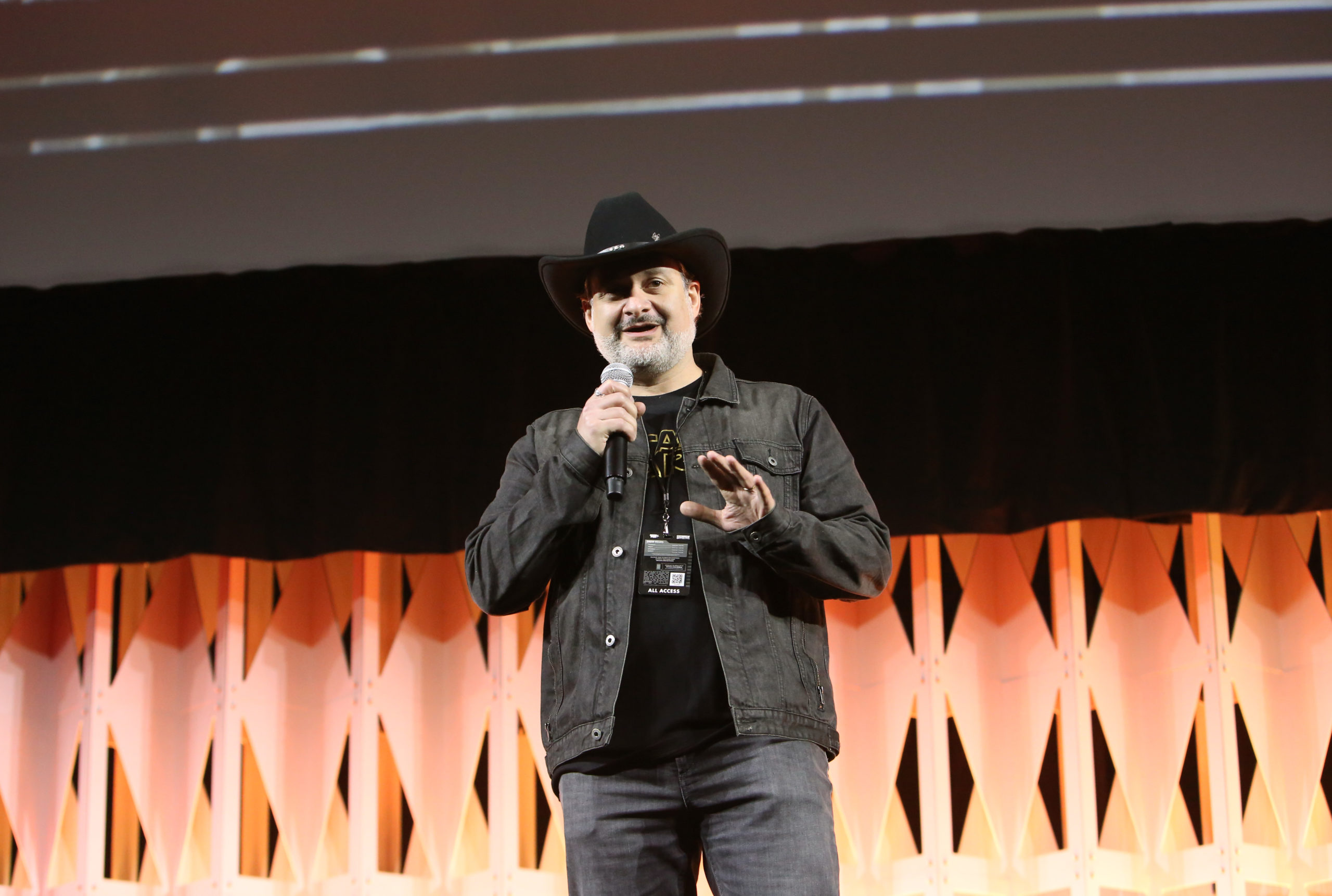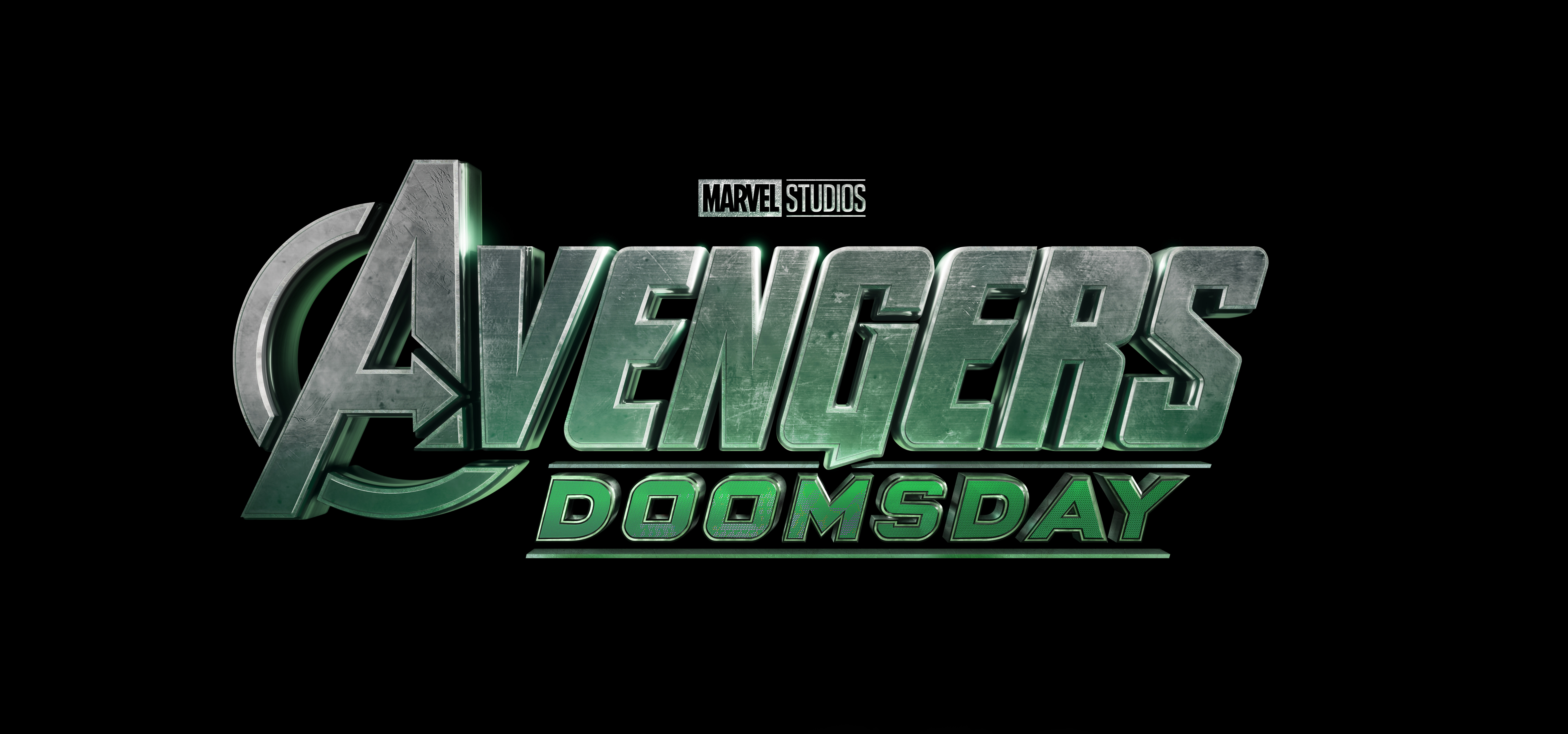![]()
“The DC Extended Universe is in trouble.” That’s a lot of the narrative surrounding this universe from Warner Bros that began with Man of Steel in 2012 and continued in 2016 with Batman v Superman and Suicide Squad. Frankly, a lot of fans don’t seem to like these movies, and some have seen the last two films on the slate as a desperate attempt to catch up to Marvel’s own Cinematic Universe before they’ve earned their place alongside them.
But is that really the case? Do they really deserve all the naysayers surrounding them these days?
We believe the answer is twofold, as in “yes, and no.”
First, let’s start by getting the negative press out of the way. The Flash lost two directors in a year, and The Batman lost Affleck at its helm, seeming to imply a lack of faith in the project. Meanwhile, they are announcing movies left and right (Suicide Squad 2, Gotham City Sirens, and Nightwing) in a series of moves that reeks of desperation. Whether you want to believe it or not, they are facing issues. If you’re such a fanboy that you can’t even see that, then either you haven’t been paying attention, or you refuse to see something when it’s right in front of your face.
But let’s backpedal a bit to the first three movies on their slate. These are the movies that have put the DCEU (and Zack Snyder) in the proverbial doghouse, with fans bashing them left and right. Accusations have flown about their mimicry of the MCU, their lackluster storytelling, and theirapparent lack of risk. We’d like to take a look at these accusations and posit a few reasons as to why the DCEU may be stronger and gutsier than we tend to give it credit for.
BIG QUESTIONS ASKED
![]()
For better or worse, this whole franchise started with Zack Snyder. If you’ve seen some of his previous work prior to Man of Steel — like Watchmen and, yes, Sucker Punch — you’ll know that he’s a man obsessed with big, ethereal ideas. He has great ambition with his storytelling, and strives to adapt those ideas to the big screen. Thus far, he’s had varying success. Watchmen was an interesting experiment in non-linear and almost TV-like storytelling (can we actually adapt this in film form?) and Sucker Punch was his shot at mainstreaming some complex and somewhat nonsensical ideas.
Snyder seems like an artist trapped in a mainstream director’s career, and he brought that sensibility to Man of Steel, where he sought to explore more thought-provoking ideas than many comic book fans wanted to explore. Rather than being a true Superman story, Man of Steel was an alien story, and one that betrayed a lot of the ideals many believe Superman stands for. It’s an interesting idea that’s mired in mediocre execution, with Clark Kent himself changing very little as a character throughout the film’s run-time (although I’m still endlessly fascinated with this version of Clark Kent).
It was still full of very interesting ideas — ideas that he got to put to celluloid for a ridiculous amount of money. The fact that Warner Bros was willing to let him go down that route is actually quite admirable.
Snyder’s exploration of bigger ideas continued into Batman v Superman: Dawn of Justice. Now that Superman’s been outed on Earth, how would this world react to his presence? We get this answered from the perspective of Bruce Wayne, a man who’s been inadvertently affected by Superman’s fight with Zod. The base premise is amazing, and while the film itself doesn’t live up to it as much asit should, if you check out the Ultimate Edition, it’s a hell of a lot more cohesive than people give it credit for.
On a technical level, all the pieces fall into place wonderfully. The stories of both Clark Kent and Lois Lane converge at just the right moments, and with Batman at its core, it’s actually quite a rewarding piece of storytelling. Where it lacks, however, is in its development of characters and certain motivations. Lex Luthor’s god complex isn’t delved into as deeply as it should to justify his actions, and Batman’s turn at the end isn’t as believable as it should be. Meanwhile, Superman remains a static character to his death.
Again, great ideas, but not executed as well as it could have been.
The fact remains that Warner Bros allowed a movie like this to go through the production pipeline on a ridiculous budget. It was a risky venture, and they should be given credit — even if they did get cold feet near the end (which led them to cut the theatrical release by 30 minutes). It wasn’t a perfect execution, but a lot of people seem more content to focus solely on the shortcomings, rather than give any credit to any of these films ambitions, which we think is unfortunate.
THE STRUCTURE
![]()
Let’s start by taking a quick look at the Marvel Cinematic Universe. They had Iron Man, Incredible Hulk, Iron Man 2, Thor, Captain America: The First Avenger, and finally The Avengers: standalone, standalone, standalone, standalone, standalone, and team-up. Seems straightforward enough, right? In addition, Iron Man 2 introduced the popular Black Widow into the fray. It’s a simple, effective method to create a shared universe.
However, in being second to this game of shared universes, the DC Extended Universe had the unenviable position of constantly being compared to Marvel. No matter what they’d did, they’d be second to the game, and they’d be accused of copying. Of course, we can’t neglect the fact that yes, they were in fact, following Marvel’s success, but that’s not to say they needed to repeat their strategy beat-for-beat.
Rather than go with a safe series of standalones before bursting into a team-up film, they opted to create Batman v Superman, a movie that had two title heroes at its front, and would include another superhero — Wonder Woman — later on in its runtime. They followed this one with Suicide Squad, a film that focused on a band of villains, and this year we’ll be getting a standalone film in Wonder Woman, and finally, Justice League.
So let’s take a look at a bird’s eye view of Marvel’s Phase One of their Cinematic Universe:
- Standalone
- Standalone
- Standalone
- Standalone
- Standalone
- Team-up
Now let’s take a look at DC’s slate through this year:
- Standalone
- Versus
- Villain Movie
- Standalone
- Team-up
To me, DC’s approach is a unique, dynamic, and structurally more interesting take on a series of movies. As cool is it is to see our heroes as the leads in their own picture before heading into a team-up, it’s a bit more interesting to me, as a storyteller, to see dramatic variations in the types of stories they’re telling before their team-up.
The argument against this, of course, is that Warner Bros only did this so that they can rush Batman, Superman, and Wonder Woman together sooner rather than later, and ultimately make that Avengers money on day one. Admittedly, it’s hard to argue with that logic. However, even if that is the case, some of the best ideas in film have been derived from limitations. As such, even if WB gave Zack Snyder and co. the constraints of having to include the trinity of Batman, Superman, and Wonder Woman, a more dynamic and structurally interesting set of movies is not a bad thing to come from it all.
Another argument against this is that the Marvel’s approach for their universe allows for more character development for individual superheroes, and while we can see that point, it’s not impossible to make the DCEU approach work.
It would have been easy for Warner Bros to force DC and Zack Snyder to replicate Marvel’s success. Why change the format if the format works, right? Instead, they allowed DC to capitalize on its differences from their Marvel competition, leading to something that’s a great deal more admirable than if we had simply gotten a series of standalones that led up to a Justice League movie.
SUICIDE SQUAD
![]()
Finally, another big thing the DCEU deserves credit for is its use of villains. Let’s face it. Its villains are one of the big things that set it apart from Marvel. Simply put, they have better villains. Sorry, Marvel, but they do. A property like Suicide Squad was the perfect vehicle to showcase that.
I know what you’re thinking. The movie was garbage, right?
Yes, and no. While I do agree that Suicide Squad was a mess of a movie — and that it featured one of the worst villains in any superhero movie ever made — it managed to do one thing right: it make me love these characters. Say what you will about that plot, but I really liked the dynamic between this group of anti-heroes, and had they been featured in a less nonsensical plot, it could have been near perfect. Warner Bros’ willingness to capitalize on their baddies was definitely a big risk, and one that’s worth commending, even if the end result wasn’t everything we’d expected.
Despite having been trapped in a plot full of convoluted motivations, I was left in the theaters with two thoughts.
- That movie wasn’t very good…but…
- I’d still see another one if if had these guys in it.
At the end of the day, there’s a reason why we’re getting two more villain-focused villains in Suicide Squad 2 and Gotham City Sirens. Call it a knee-jerk reaction to success, but they’re allowing their brand to be different from the most successful franchise under the sun (the MCU), and we think that’s a great way to work with their properties. Their real crime is their over-willingness to announce movie after movie, leaving themselves open to criticism when they can’t follow through.
CONCLUSION
![]()
When all said and done, I don’t think I’m saying anything new when I say the DCExtended Universe has its flaws. It has its flaws, and it has its potential problems on the horizon with The Batman and The Flash. That being said, there was a lot of interesting and new ground that’s been explored in their movies so far, proving that there’s room for more than one player in this game of cinematic universes.
It’s easy to rag on these movies, and as soon as fanboys see some momentum skewing negative, it’s even easier to jump on the bandwagon. I urge you to take a look at these film on more than just a surface level. You’re allowed to like and dislike aspects of a movie. It doesn’t need to be a wholesale buy or sell. At the end of the day, we’re bound to get countless interpretations of these characters in the distant future, so we may as well try and enjoy the ones we have for as long as possible before they’re gone.
What do you think? What’re your favorite aspects of the DC Extended Universe? Let us know in the comments down below!
RELATED: Doctor Strange 2: Benedict Cumberbatch Talks Director Scott Derrickson’s Strengths For Potential Sequel
Don’t forget to share this post on your Facebook wall and with your Twitter followers! Just hit the buttons on the top of this page.
 FOR FANBOYS, BY FANBOYS
Have you checked out LRM Online’s official podcasts and videos on The Genreverse Podcast Network? Available on YouTube and all your favorite podcast apps, This multimedia empire includes The Daily CoG, Breaking Geek Radio: The Podcast, GeekScholars Movie News, Anime-Versal Review Podcast, and our Star Wars dedicated podcast The Cantina. Check it out by listening on all your favorite podcast apps, or watching on YouTube!
Subscribe on: Apple Podcasts | Spotify | SoundCloud | Stitcher | Google Play
FOR FANBOYS, BY FANBOYS
Have you checked out LRM Online’s official podcasts and videos on The Genreverse Podcast Network? Available on YouTube and all your favorite podcast apps, This multimedia empire includes The Daily CoG, Breaking Geek Radio: The Podcast, GeekScholars Movie News, Anime-Versal Review Podcast, and our Star Wars dedicated podcast The Cantina. Check it out by listening on all your favorite podcast apps, or watching on YouTube!
Subscribe on: Apple Podcasts | Spotify | SoundCloud | Stitcher | Google Play



